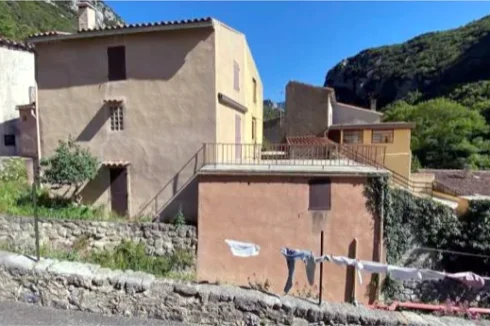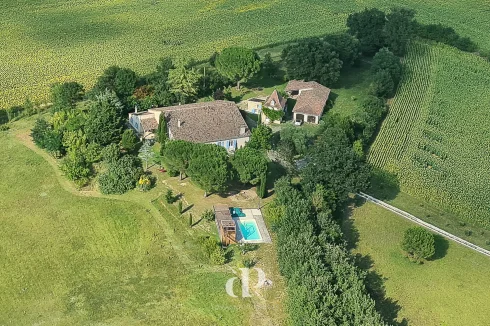New Development and Neighbours Loss of Sunlight
Tuesday 06 July 2021
What rights are granted to a property owner if adjacent new development causes a loss of sunlight?
Although a planning consent may grant authority to proceed with a new building or extension, the development is always subject to third-party land and property rights.
Such rights may be statutory, or they may arise from contract, eg rights of way.
A statutory protection frequently used by those objecting to new development is that of neighbour nuisance, called ‘trouble abnormal de voisinage'.
Nuisance can include the loss of sunlight arising from the new development.
The fact that a disputed construction fully complies with town planning regulations is totally distinct to the concept of abnormal neighbourhood nuisance.
It is very similar to the 'right to light' concept in the UK, although in a more robust form in France.
The courts in France have heard many cases on the issue, when the result has gone either way, with the decision generally resting on the intensity of the loss, which varies by the location of the property.
If the case is won by the plaintiff, it can either result in damages or demolition of the new structure, or both.
In a case that was recently heard by the French Supreme Court, the Cour de Cassation, a couple owned a semi-detached house in a village in the Corbières.
After having had their planning appeal against a new first-storey extension by their neighbour rejected, the owners requested demolition of the extension due to the nuisance caused by the loss of sunlight.
In court, the neighbours argued that the demolition was disproportionate to the right to respect their private and family life and their home, under the European Convention on Human Rights.
In support of this argument, they claimed that the loss of sunshine was limited to a tiny part of the plaintiffs' courtyard and only during 3 to 4 months of the year, when the couple were only present for a few weeks a year, as it was their holiday home.
They also argued that as their house was located in the heart of the village, with a sunken courtyard, and surrounded by other buildings, the couple could not have been unaware, when they purchased their house, that there was the possibility of new construction either side of their property.
The court rejected their appeal, stating that the argument as to the disproportionate nature of the order for demolition was not invoked before the court of appeal, who therefore did not have to rule on this point.
The court considered that:
- the plaintiffs' house was located in a sparsely populated rural environment and not in an area undergoing development;
- their courtyard, which the plaintiffs used to enjoy during the summer months, was now completely shaded from 4pm in the middle of the summer;
- the fact that the house is used as a holiday home is not such as to exclude the existence of an abnormal neighbour disturbance.
Accordingly, the order for demolition and damages was confirmed.
Damages or Demolition?
In several important other cases the courts have awarded damages rather than ordered demolition of the structure.
Thus, in a case in the court of appeal in Limoges in 2013, a loss of sunshine to the swimming pool, as well as a loss of view and privacy, resulted in compensation of €148,000 to the plaintiff, representing a diminution of 40% in the value of their property, as well as €50,000 for neighbour disturbance (CA Limoges 12/00625).
In a case in 2015, the court of appeal in Rennes awarded €30,000 (10% of market value of property), as well as €3,000 for nuisance, to the complainant due to the loss of sunshine and reduction in value of their property. The property was located in an urban area (CA Rennes13/08681).
Similarly, in 2015 the Cour de Cassation (15/28591) awarded €33,000 in damages and €30,000 for loss of value, to owners who had complained that a large new building adjacent to their property caused a significant loss of sunshine in their courtyard. Once again, the property was located in an urban area.
We also reported on a case where the complainant was granted damages in our article Couple Win 'Right of Light' Case.
Loss of View
Finally, it is not only a loss of sunshine that can be a legitimate ground for legal recourse, but also a loss of view, as we reported in a our article Loss of View Amounts to Nuisance.
Related Reading:
Thank you for showing an interest in our News section.
Our News section is no longer being published although our catalogue of articles remains in place.
If you found our News useful, please have a look at France Insider, our subscription based News service with in-depth analysis, or our authoritative Guides to France.
If you require advice and assistance with the purchase of French property and moving to France, then take a look at the France Insider Property Clinic.





